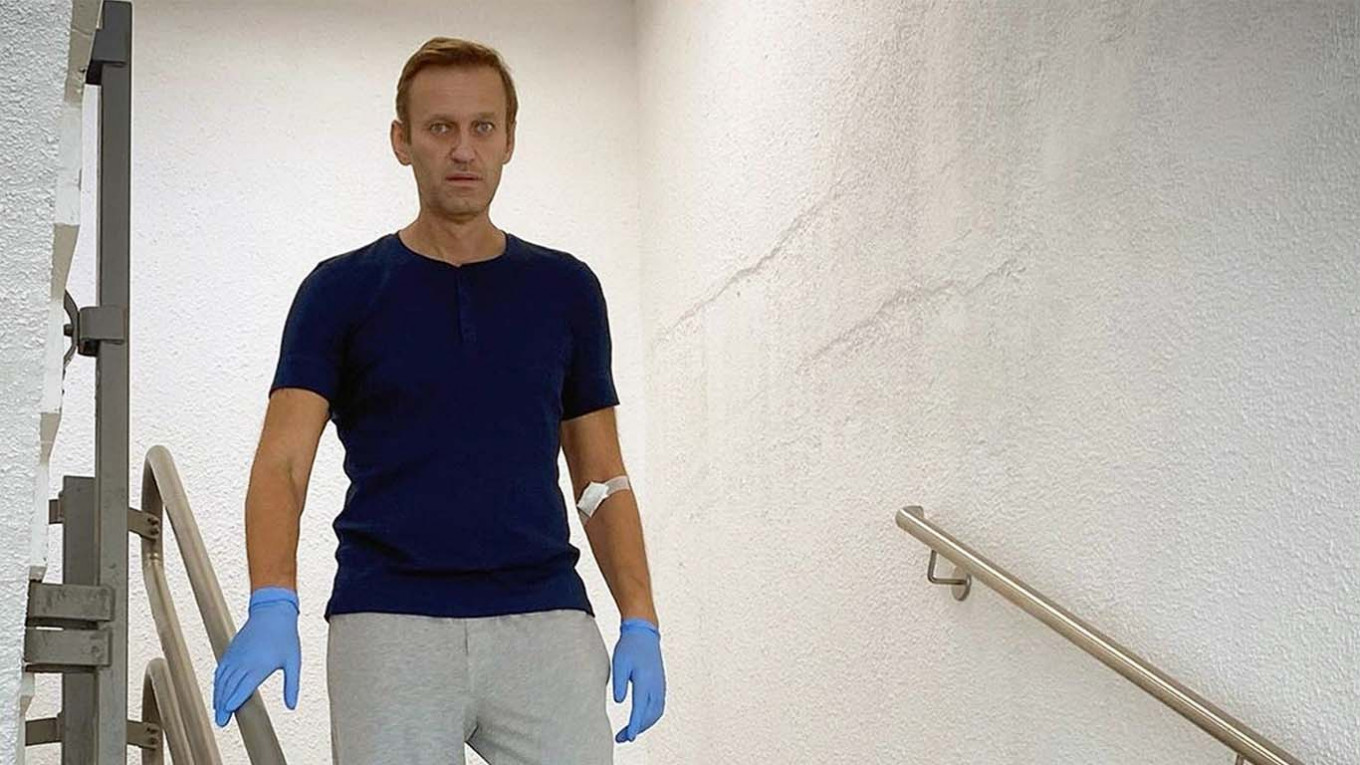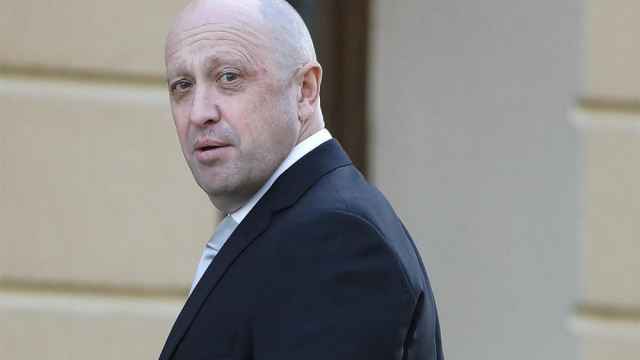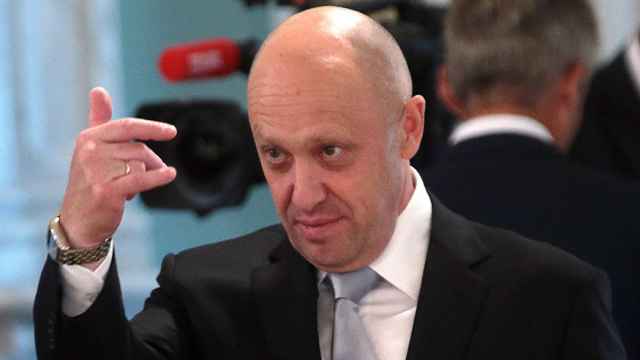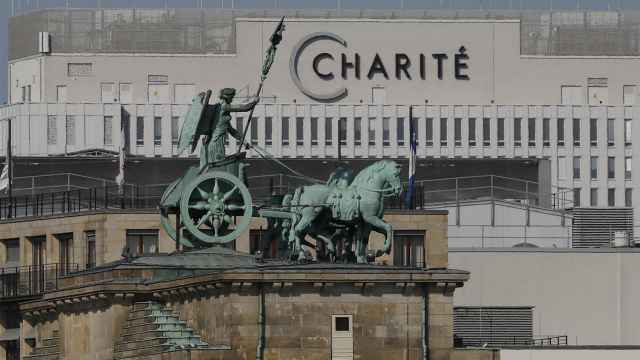Russian authorities have seized Kremlin critic Alexei Navalny’s apartment days after he was discharged from German hospital where he was being treated for poisoning by Novichok, his spokeswoman said Thursday.
Kira Yarmysh said court marshals came after Navalny’s three-bedroom apartment in southeastern Moscow to enforce a $1-million court ruling in favor of catering magnate Yevgeny Prigozhin. The businessman has earned the nickname "Putin's chef" from his close ties to President Vladimir Putin.
Prigozhin last year won 88 million rubles ($1.1 million) in damages against Navalny and his close associate, who blamed Prigozhin for a dysentery outbreak among Moscow schoolchildren linked to contaminated lunches.
Prigozhin previously vowed to “ruin” Navalny if he survives the poisoning.
“Instead of siding with the affected children, the court sided with Prigozhin,” Yarmysh said in a video on Twitter.
“As a result, they seized the assets and the apartment of a person who was in a coma,” she said.
Navalny came out of a coma two weeks ago after falling violently ill on a flight in Siberia on Aug. 20. Germany, where the fierce Putin critic was flown two days later, said it had unequivocal proof that he was poisoned with a nerve agent from the Novichok family.
The court marshals’ seizure bans Navalny from selling, renting out or leaving the apartment in a will but does not mean he can no longer live there, Yarmysh said.
The 44-year-old anti-corruption campaigner is undergoing rehab in Germany after his release from hospital. Yarmysh has said Navalny plans to return to Russia as soon as he recovers from the poisoning.
Meanwhile on Thursday, the Federal Security Service (FSB) rejected a request to investigate reports that security agents tailed Navalny throughout his trip to Siberia during which he fell ill.
Russia denies that Navalny was poisoned and complains that Germany is not sharing its findings in order for authorities to launch an investigation at home.
A Message from The Moscow Times:
Dear readers,
We are facing unprecedented challenges. Russia's Prosecutor General's Office has designated The Moscow Times as an "undesirable" organization, criminalizing our work and putting our staff at risk of prosecution. This follows our earlier unjust labeling as a "foreign agent."
These actions are direct attempts to silence independent journalism in Russia. The authorities claim our work "discredits the decisions of the Russian leadership." We see things differently: we strive to provide accurate, unbiased reporting on Russia.
We, the journalists of The Moscow Times, refuse to be silenced. But to continue our work, we need your help.
Your support, no matter how small, makes a world of difference. If you can, please support us monthly starting from just $2. It's quick to set up, and every contribution makes a significant impact.
By supporting The Moscow Times, you're defending open, independent journalism in the face of repression. Thank you for standing with us.
Remind me later.






